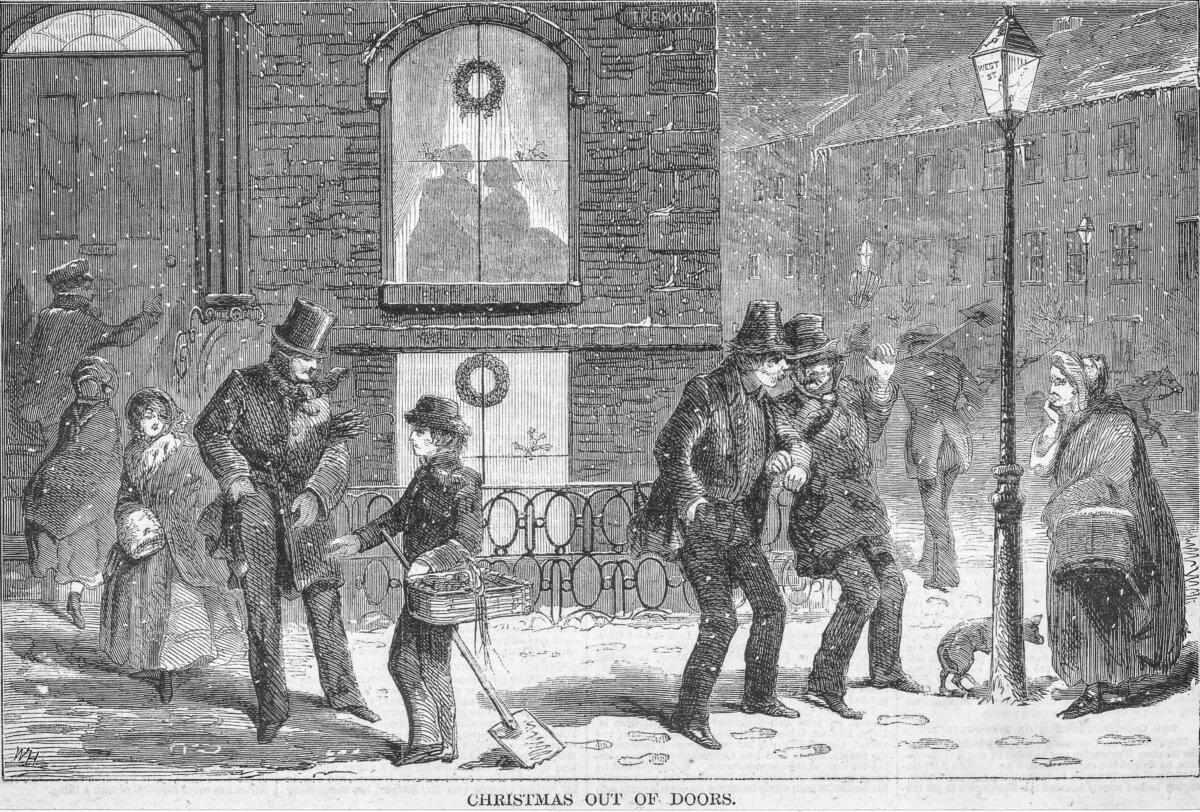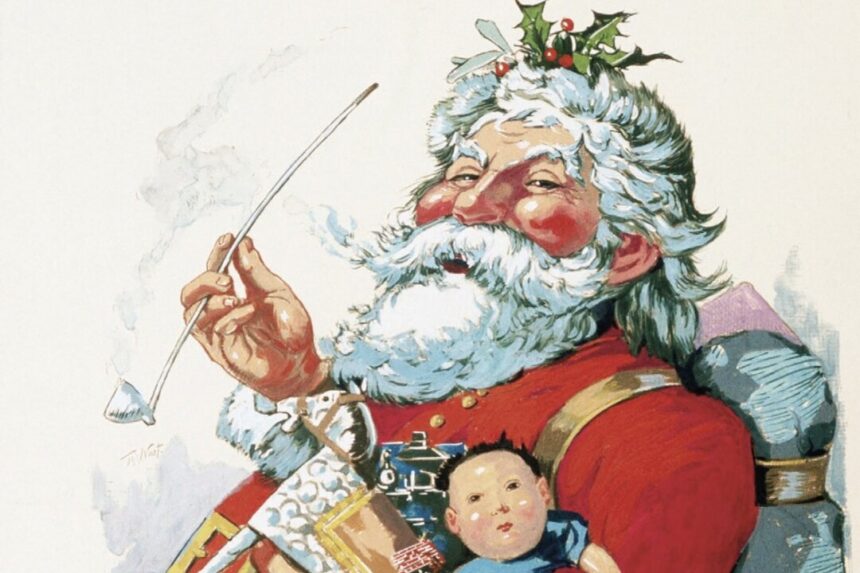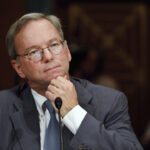During the early 19th century, Christmas celebrations in the English-speaking world were looked down upon. Puritan governments in Scotland, England, and the New England colonies had banned the observance of the holiday. Even when it became legal again, Christmas had a negative reputation, associated with lower social classes and seen as a time of disorder and excess.

Engraving of the illustration “Christmas out of doors” by American artist Winslow Homer, showing the harshness of a cold snowy winter on the streets, printed in Harper’s Weekly in New York in December 1858. Archive Photos/Getty Images
In urban areas of Great Britain and the United States, Christmas was marred by vandalism, attacks, and rowdy behavior. The Twelve Days of Christmas were a time of chaos and disruption, with groups causing disturbances and demanding money from others.

Illustration of a family gathered in their living room on Christmas morning, circa 1870. Hulton Archive/Getty Images
Even those who cherished Christmas felt that the holiday had lost its true essence. Bishop Philander Chase lamented the worldly nature of the season, focusing on revelry rather than spiritual reflection. The Industrial Revolution had also changed the landscape of Christmas, shifting away from traditional customs and values.
However, the early 1800s saw a revival of Christmas spirit thanks to writers, poets, and thinkers in America and England.

“Merry Old Santa Claus” by American cartoonist Thomas Nast, circa 1863. Public Domain
The introduction of Santa Claus helped transform the holiday into a time of family gatherings and joy, shifting the focus away from chaos and excess. This new mythology spread quickly, and by the mid-1800s, Santa Claus had become a global icon.
In England, Charles Dickens played a significant role in reshaping the meaning of Christmas with his book “A Christmas Carol.” He emphasized the importance of family, forgiveness, charity, and religious values during the holiday season. Dickens’ work, along with other cultural movements, helped restore Christmas to its former glory.

An early 1900s illustration of Saint Nicholas as Santa Claus. Victorian Traditions/Shutterstock
The revival of Christmas traditions also included a rediscovery of old English carols and hymns, thanks to musicologists like William Sandys and John Mason Neale. These efforts helped bring back cherished songs and melodies that had been forgotten by city dwellers.
Even in the 21st century, our Christmas traditions still bear resemblance to those favored by historical figures such as Washington Irving, the New-York Historical Society, Charles Dickens, and Queen Victoria.
The opinions expressed in this article are solely those of the author and may not necessarily align with those of The Epoch Times.




